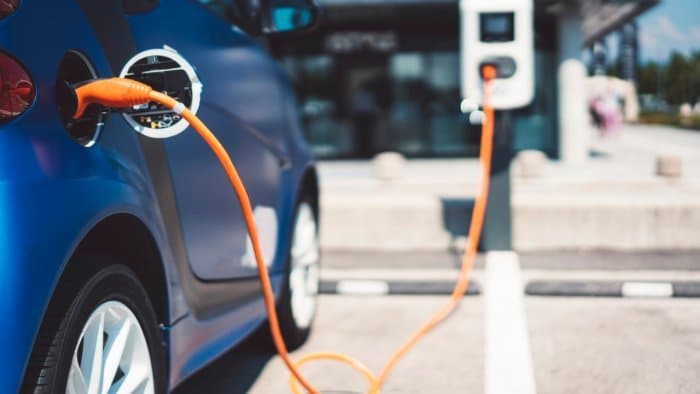India’s EV Policy Seen as a Barrier for Global Automakers

India is set to launch a new electric vehicle (EV) policy aimed at attracting global automakers to establish local manufacturing operations. The initiative, announced by the government led by Prime Minister Narendra Modi, will soon begin accepting applications for its EV incentive program, which was first introduced in March of the previous year. However, despite these efforts, major players like Tesla may remain hesitant to participate due to their preference for importing vehicles rather than manufacturing them locally.
Incentives for Local Manufacturing
The new EV policy offers significant incentives for automakers willing to invest in local production. Specifically, it proposes a reduced import duty of 15 percent on electric cars priced at $35,000 or more, provided that the manufacturer invests approximately $500 million to establish a local plant within three years. This policy allows for the importation of up to 8,000 vehicles annually at this reduced rate. The government hopes that these measures will stimulate local manufacturing and boost the electric vehicle market in India, which is currently the world’s third-largest automotive market.
Despite the attractive incentives, Tesla’s participation is uncertain. The company has expressed a preference for selling imported vehicles through dealerships rather than setting up local manufacturing. This reluctance stems from ongoing disputes over import duties and local production requirements, which have hindered Tesla’s entry into the Indian market for years. Meanwhile, other companies like VinFast Auto are already making strides in India, with plans to build a factory even before the new policy takes effect.
Challenges for Global Automakers
Industry analysts have raised concerns about the potential effectiveness of the new EV policy. Jay Kale, a sector analyst at Elara Securities, noted that the absence of major players like Tesla and BYD could render the policy a “non-starter.” He emphasized that while some legacy automakers might benefit from establishing EV-only plants in India, the overall success of these initiatives remains uncertain, especially given the challenges these companies have faced in their home markets.
The Indian government is eager to enhance its manufacturing capabilities in the EV sector, but it faces significant competition from established domestic manufacturers such as Tata Motors and Mahindra & Mahindra. These companies have long benefited from high tariffs that protect them from foreign competition, creating a challenging environment for new entrants.
Stringent Requirements and Limited Interest
The new policy includes stringent requirements that may deter foreign automakers from participating. According to Komal Kareer, an analyst at BloombergNEF, the investment and revenue expectations are quite demanding. Applicants must achieve a minimum revenue of approximately $586 million in their fourth year and $750 million in the following year. Failure to meet these targets could result in penalties of up to three percent on the revenue shortfall.
Many automakers may find themselves unable to comply with these conditions, either due to a lack of eligible models for import or an inability to meet the revenue thresholds. As a result, the interest from foreign manufacturers may be limited, despite the government’s efforts to stimulate the EV market.
Applications for the EV incentive program are expected to open as early as this month and will remain open until March 15 of next year, according to sources familiar with the discussions. The outcome of this initiative will be closely watched as India seeks to position itself as a key player in the global electric vehicle landscape.
Observer Voice is the one stop site for National, International news, Sports, Editor’s Choice, Art/culture contents, Quotes and much more. We also cover historical contents. Historical contents includes World History, Indian History, and what happened today. The website also covers Entertainment across the India and World.

